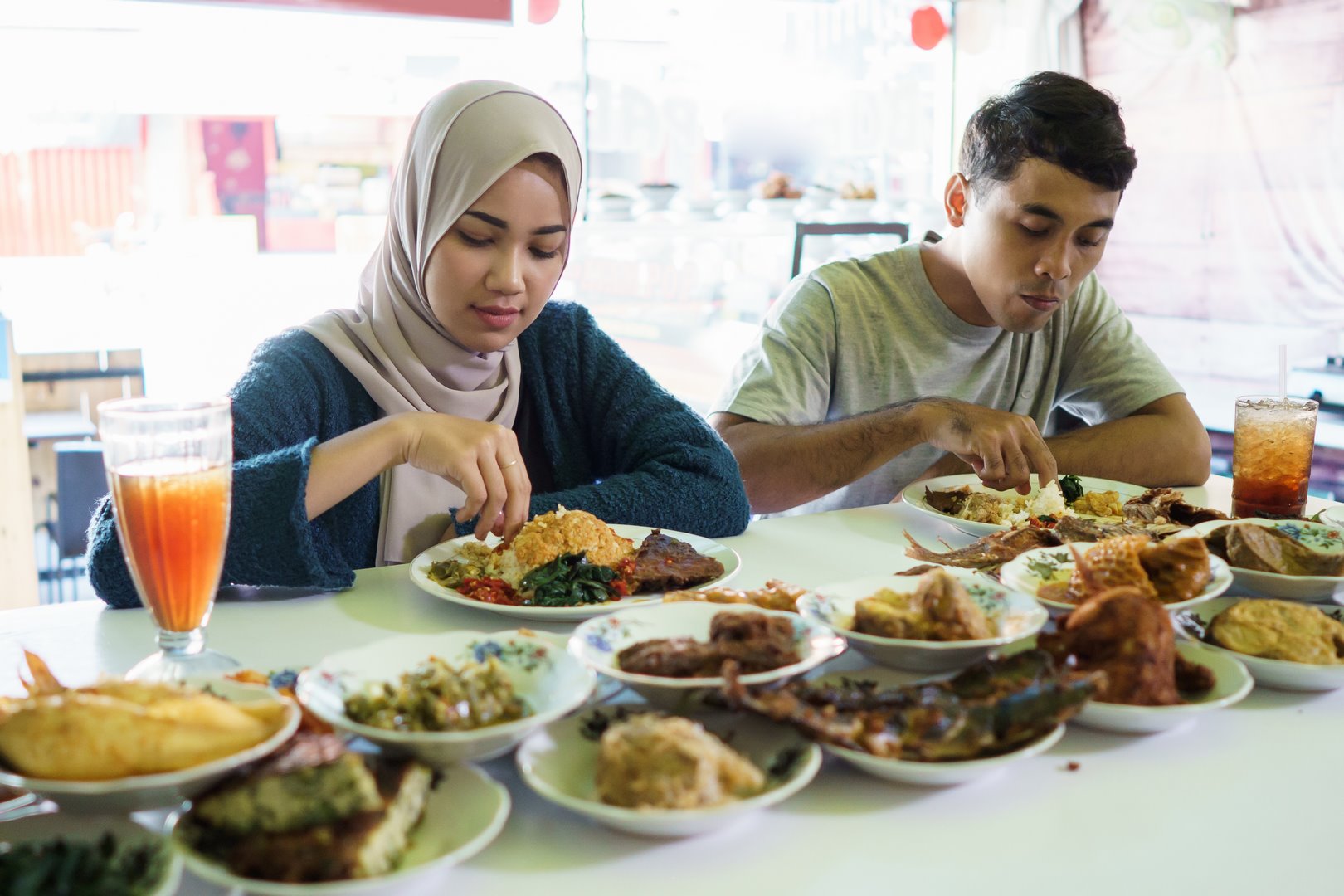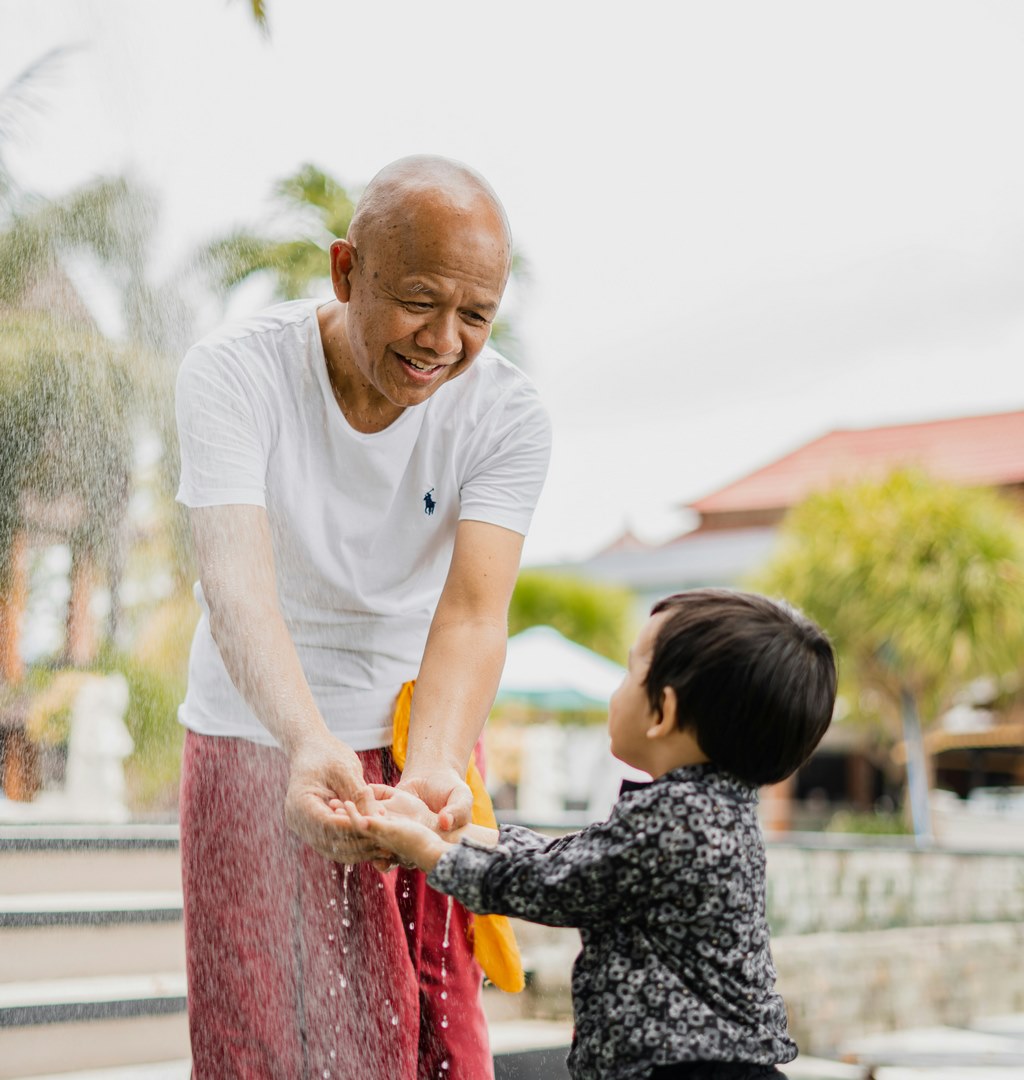If you’re planning a visit to Indonesia, it’s essential to get acquainted with the local culture and customs. Understanding the habits of the Indonesian people will not only make your stay more comfortable but also help you avoid cultural missteps or unintentionally offending the locals.
In this guide, we’ll explore key aspects of Indonesian etiquette for travelers, from greetings and introductions to dining manners, appropriate attire, and general do’s and don’ts.
Greetings and Introductions

Indonesia is renowned for its friendly and welcoming people, so if someone smiles at you, it’s polite to return the gesture. While in some countries, smiling at strangers may seem awkward, in Indonesia, it’s a sign of friendliness.
In addition to smiling, other polite gestures include greeting, shaking hands, and introducing yourself in Indonesian. Indonesians shake hands with their right hand, as the right hand is associated with positive actions, while the left hand is considered less polite or even dirty.
Java has many fascinating destinations to explore—follow our guide to discover the beauty of the island in Java: The Ultimate Travel Guide with Insider Tips.
You can greet people with phrases like “selamat pagi” (good morning), “selamat siang” (good afternoon), or “selamat malam” (good evening). If you want to ask someone how they are, you can say “Apa kabar?” or the more formal “Bagaimana kabarmu?”
When introducing yourself, Indonesians usually begin with their name, such as “Halo, nama saya ____” (Hello, my name is ____). When parting ways, you can say “selamat tinggal” if you don’t expect to meet again, or “sampai jumpa” if you plan to meet again.
Dining Etiquette

When dining in Indonesia, especially at traditional eateries, don’t be surprised if you don’t see spoons or forks. One common dining practice among Indonesians is eating with their hands, so remember to wash your hands before eating.
It might feel unusual at first to touch rice and dishes with your bare hands, but trust me—Indonesian food often tastes even better this way. If you’re uncomfortable with eating by hand, you can always ask for utensils.
It’s polite to say “terimakasih” (thank you) after receiving your food, and it’s important to finish your meal to show respect for the effort of the cook.
Indonesians eat with their right hand, as using the left hand is considered impolite. If you’re staying with locals, it’s customary to let older individuals serve themselves first before you take your portion.
After eating, avoid burping in front of others. Indonesians usually eat while seated, whether on a chair or on the floor (lesehan), and eating or drinking while standing is considered impolite.
Discover Indonesia through your taste buds. Read Best 15 Indonesian Street Foods: A Flavorful Journey Through Local Delights.
Dress Code and Appearance
Although Indonesia has a tropical climate, the majority of the population is Muslim and places great importance on traditional customs. Therefore, it’s advisable to dress modestly and ensure that your clothing covers your body appropriately.
For example, wearing short-sleeved shirts that aren’t too tight and pants or skirts that cover your knees is considered respectful and shows consideration for the local community.
If you plan to swim and wear a bikini, be aware that not all places allow it. You can freely wear a bikini at beaches commonly visited by tourists, like those in Bali.
Interested in beaches in Java? Check out our top spots near Yogyakarta, the tranquil Karimunjawa Islands north of Semarang, or the hidden gems in Banyuwangi, East Java.
When visiting places of worship, such as mosques, churches, temples, or historical sites, it’s important to dress respectfully. For instance, when visiting a mosque, women are advised to wear a headscarf and long clothing. Similarly, when visiting a temple, you’re usually encouraged to wear a batik cloth to cover your legs.
General Do’s and Don’ts

To wrap it up, here are some key unwritten norms to keep in mind while in Indonesia:
Do:
- Use your right hand when taking or giving something, shaking hands, pointing, eating, and drinking.
- Remove your shoes when entering someone’s home.
- Learn the local language. Knowing a few phrases in Indonesian or a regional dialect can go a long way in making locals feel appreciated.Try using simple words like “terimakasih” (thank you) or “enak” (delicious). In Yogyakarta, for example, you might use basic Javanese phrases like “matur nuwun” (thank you) or “piye kabare?” (how are you?).
- Try Indonesian food. Indonesia offers a diverse range of dishes, and it’s polite to taste what’s offered to you as a sign of appreciation for the person who prepared it.
Being vegetarian or vegan while traveling in Indonesia might seem challenging, but you don’t have to decline invitations to eat together. Just get familiar with traditional plant-based dishes. Read 12 Traditional Vegetarian Food in Indonesia + How to Order.
Don’t:
- Drink alcohol and get drunk. In Indonesia, alcohol is illegal in many places, and public drunkenness is frowned upon and goes against social norms.
- Use your left hand for giving something, paying or eating.
- Disregard elders. It’s customary to allow older individuals to go first, as Indonesians hold their elders in high regard.
- Display excessive affection in public. Couples, whether married or not, should avoid overt displays of affection in public, such as kissing or hugging, as Indonesia maintains traditional values and conservatism. If you’re unmarried and especially if you identify as LGBTQ+, it’s advisable to keep your relationship discreet.
- Drink tap water. It’s unsafe to drink tap water in Indonesia without filtering or boiling it first. It’s safer to buy bottled water or refill your bottle from designated drinking water sources.
Cultural and Religious Sensitivity

Indonesia is a diverse and culturally rich country, and it’s important for tourists to be mindful of local customs and religious practices. Since the majority of the population is Muslim, dressing modestly, particularly in rural areas and religious sites, is expected. You should also respect customs related to prayer times, avoid public displays of affection, and understand that certain behaviors, like consuming alcohol in public, may be frowned upon.
It’s also important to note that publicly expressing opinions against religion or making accusations against someone can lead to serious legal trouble in Indonesia. The country has strict laws regarding blasphemy and defamation, and foreigners could find themselves in significant legal trouble if they are not careful. To avoid any issues, it’s best to steer clear of sensitive topics related to religion or personal accusations in public or online.
What Next?
